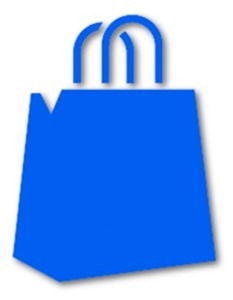Although Microsoft’s latest Windows 8 operating system initially had everybody talking and was generating some serious excitement during the beta stages, the current hype surrounding the new OS seems to have calmed off a little as we approach the official release date. Public opinion on the OS seems mixed, but it will be extremely interesting to see what the adoption rates are like when it is eventually made available to the masses.
We are pretty much guaranteed that in order for any OS to be successful these days, regardless of whether it is a mobile OS like iOS or a desktop OS like Windows, it needs an active and regularly updated app marketplace that allows users to download and purchase additional software that extends the functionality of their device/OS. Microsoft has been operating the Windows Store for quite some time, but until now, it has only been freely available for verified developers to push their wares to.
In a move that can only benefit the end-user, Microsoft has lifted restrictions on the Windows Store and opened it up for anyone who wants to try their hand at developing the next big app for Windows 8. For any app marketplace to thrive in the current climate, it needs to be open to as many developers and territories as possible, which will invariably bring a great deal of variety and powerful third-party apps to the attention of users. The move by Microsoft to extend the Windows Store sees it being made available to 82 additional markets, bringing the total to 120. A very big number indeed.
Although the current boom in the app development industry is seeing a lot of developers walking away with high profits, Microsoft is attempting to produce further incentives for developers with clear and concise guidelines that instruct them on how to produce great Windows 8 apps, but also increasing the payment percentage when certain thresholds are met. When app sales exceed more than $25,000, Microsoft will pay out 80% to developers rather than the standard 70% portion.
Windows 8 is officially due for release on October 26th, meaning that with just six weeks to go until it hits our shelves, it offers a decent amount of time for developers to fire up Visual Studio and start producing some must-have apps to compliment our Windows 8 experience.
(source Microsoft)
You can follow us on Twitter, add us to your circle on Google+ or like our Facebook page to keep yourself updated on all the latest from Microsoft, Google, Apple and the web.

